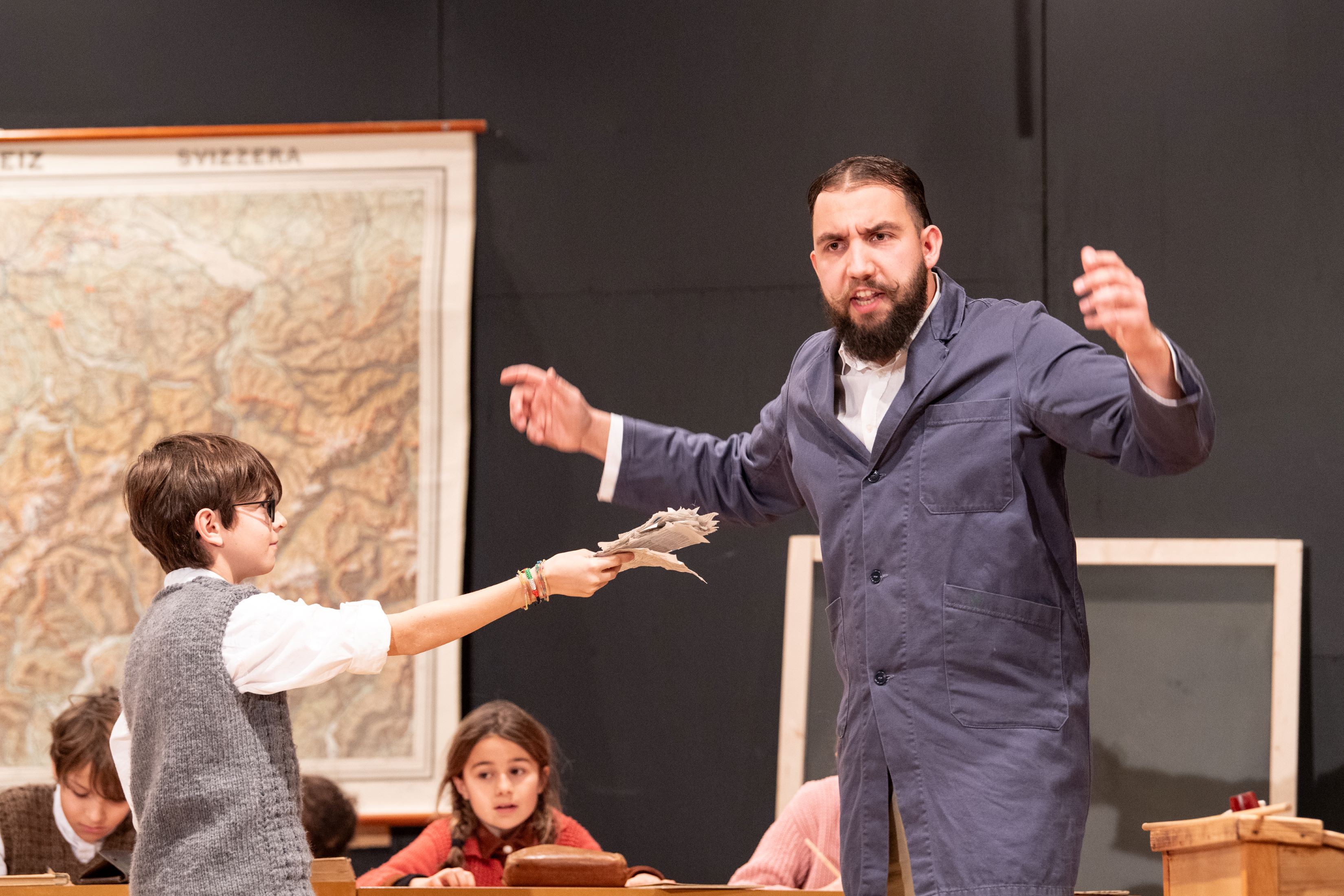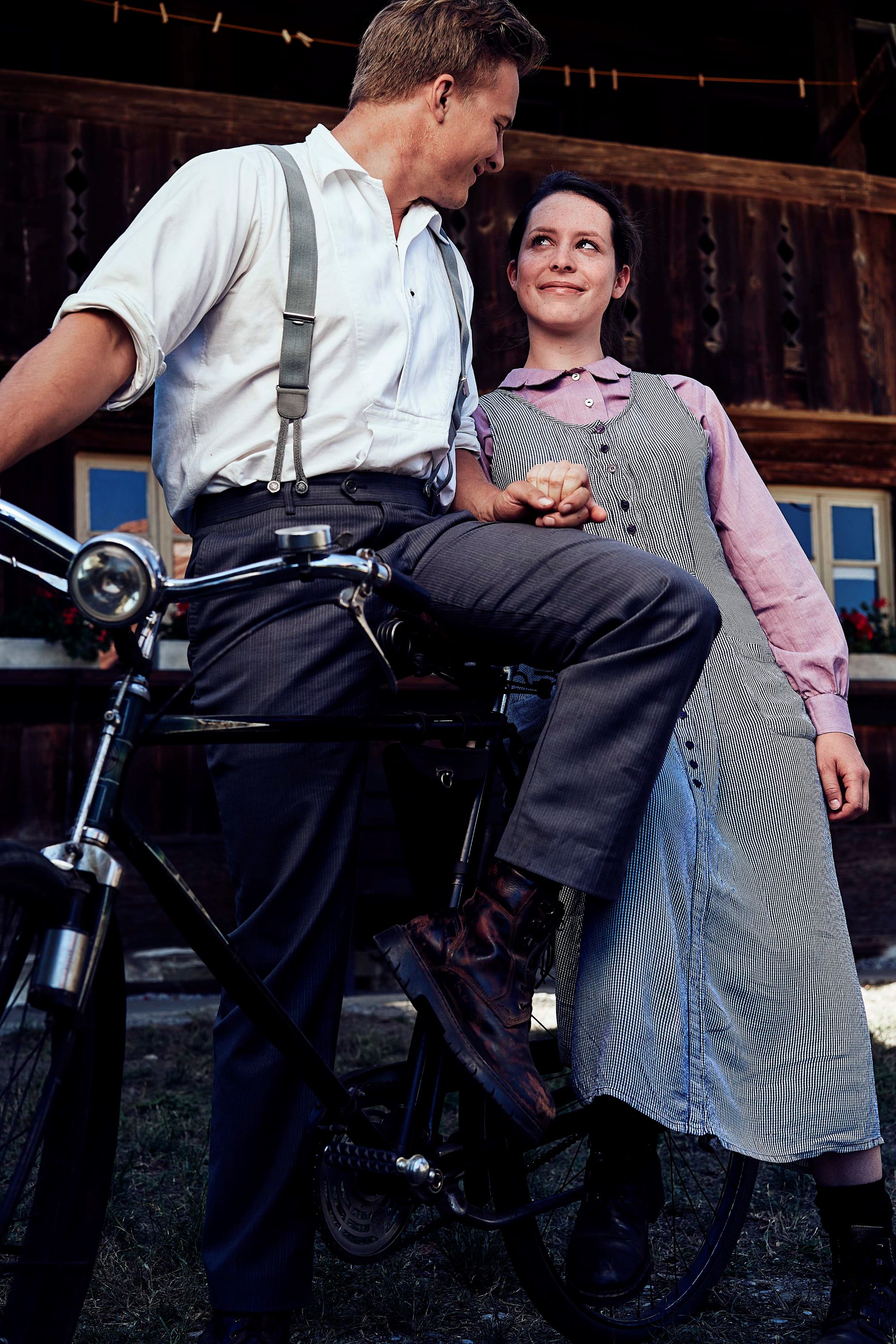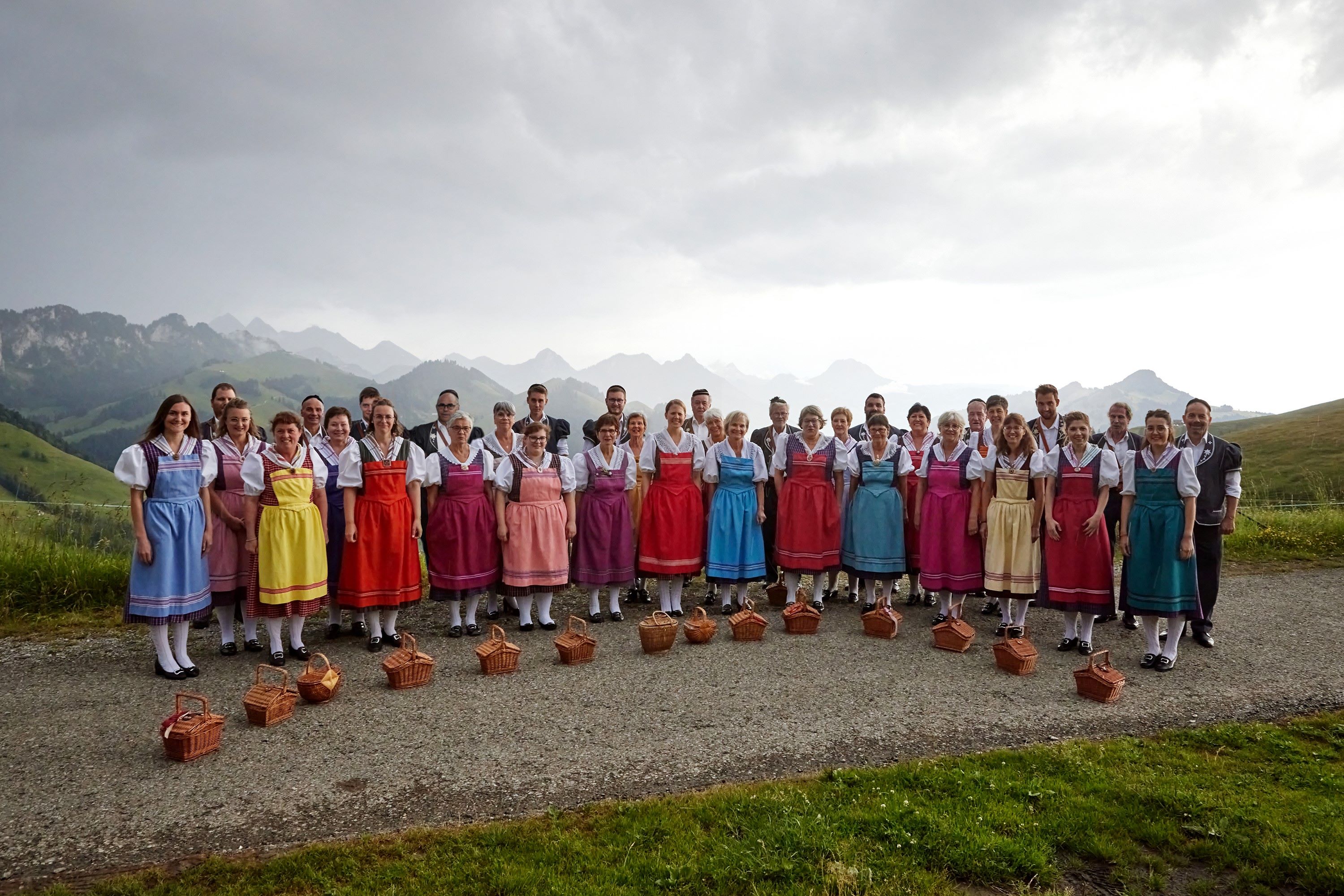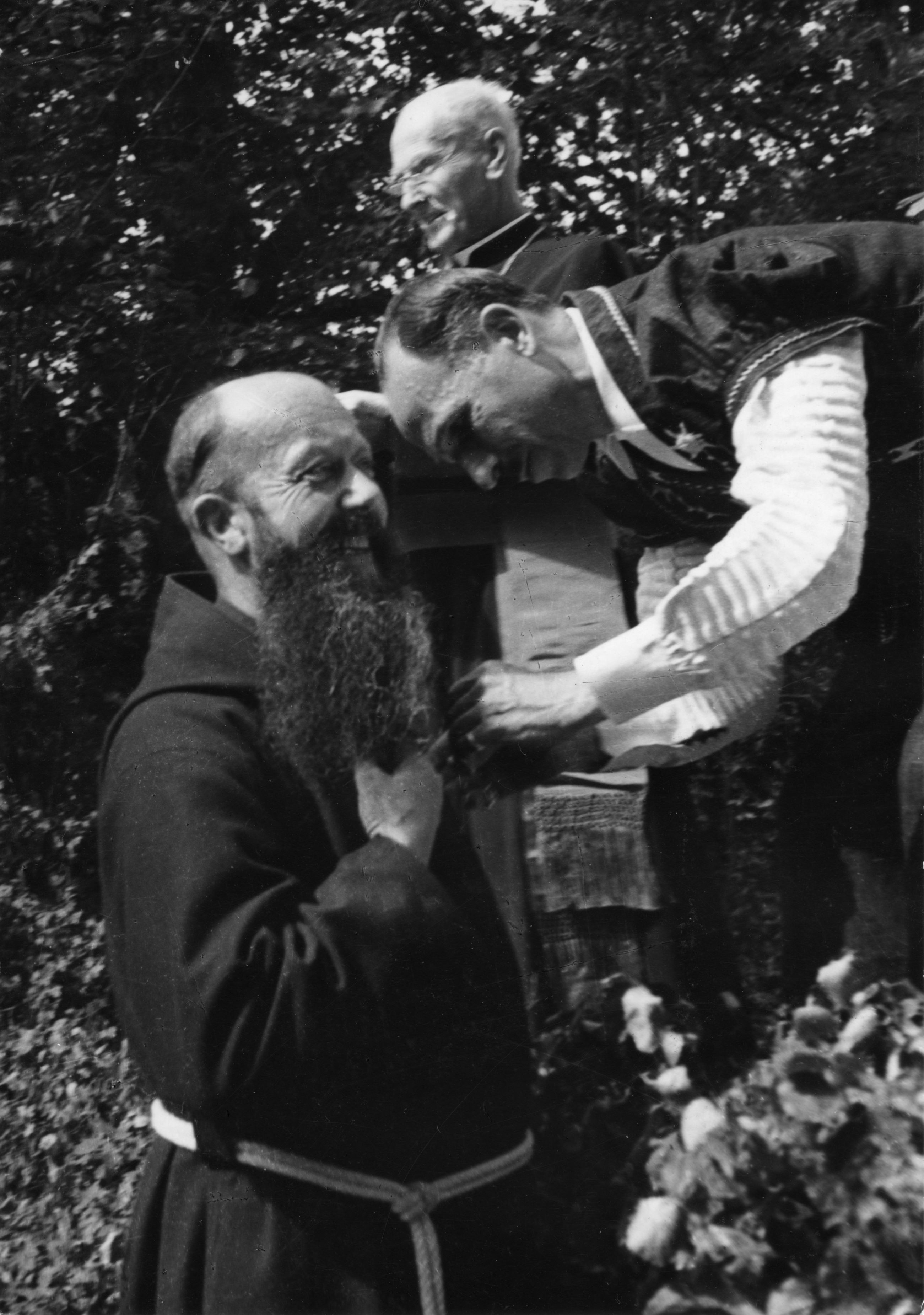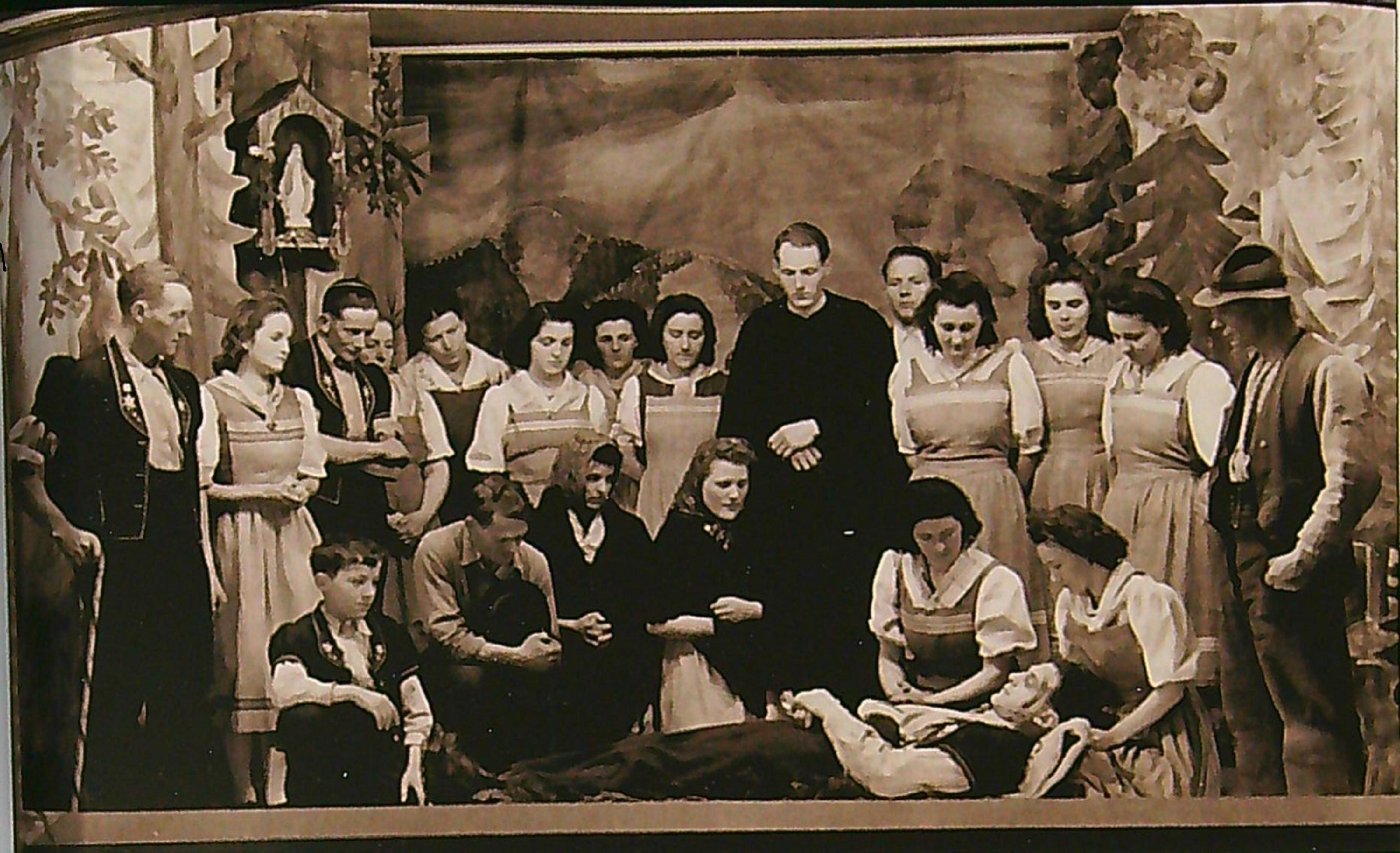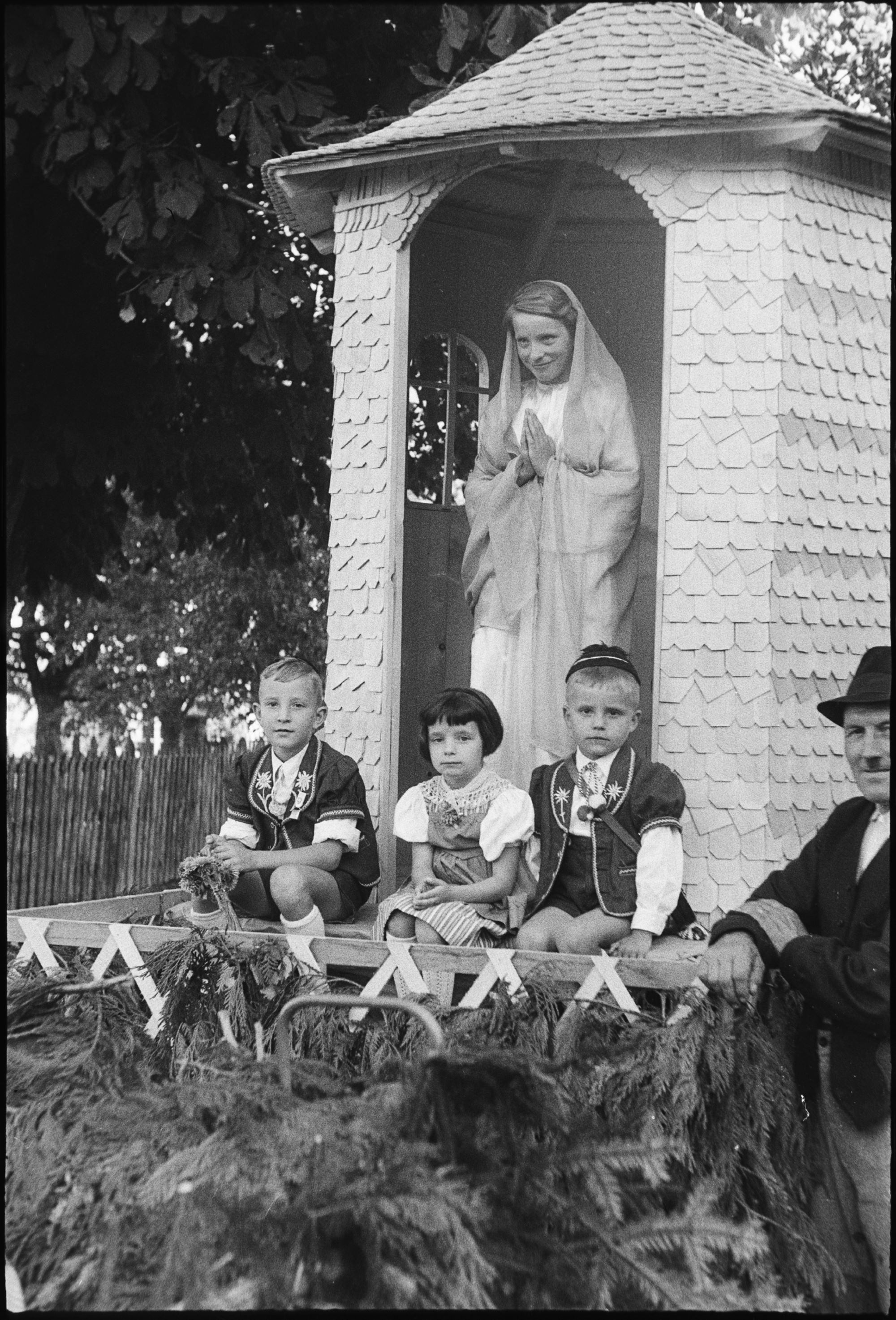Singing, doing drama and writing in patois or in Senslerdeutsch dialect are ways of keeping a part of Fribourg’s cultural heritage alive and of asserting a regional identity. Performing arts events therefore allow this linguistic heritage to be safeguarded, celebrated and passed on. Franco-Provençal patois, or Fribourg patois, and Senslerdeutsch dialect have very different statuses, however. While patois, which was routinely spoken in the French-speaking part of Fribourg up until the early 20th century, is a post-vernacular language which is now only spoken by a minority, Senslerdeutsch dialect is an everyday language of interaction in the German-speaking part.
Artistic expression therefore varies according to linguistic identity. In the French-speaking part, songs and theatre in patois are very popular. Audiences and performers of all ages enjoy discovering the sounds and expressions particular to this language in relation to recurring themes, such as village life, family, mountain pastures, and cheesemaking. Meanwhile, for German speakers, artistic expression in dialect is used to express a distinctive regional identity and is proof that the language is still very much alive. It is also used in contemporary music, in radio programmes, and in musical and cultural projects that bring people together from across the local area.


